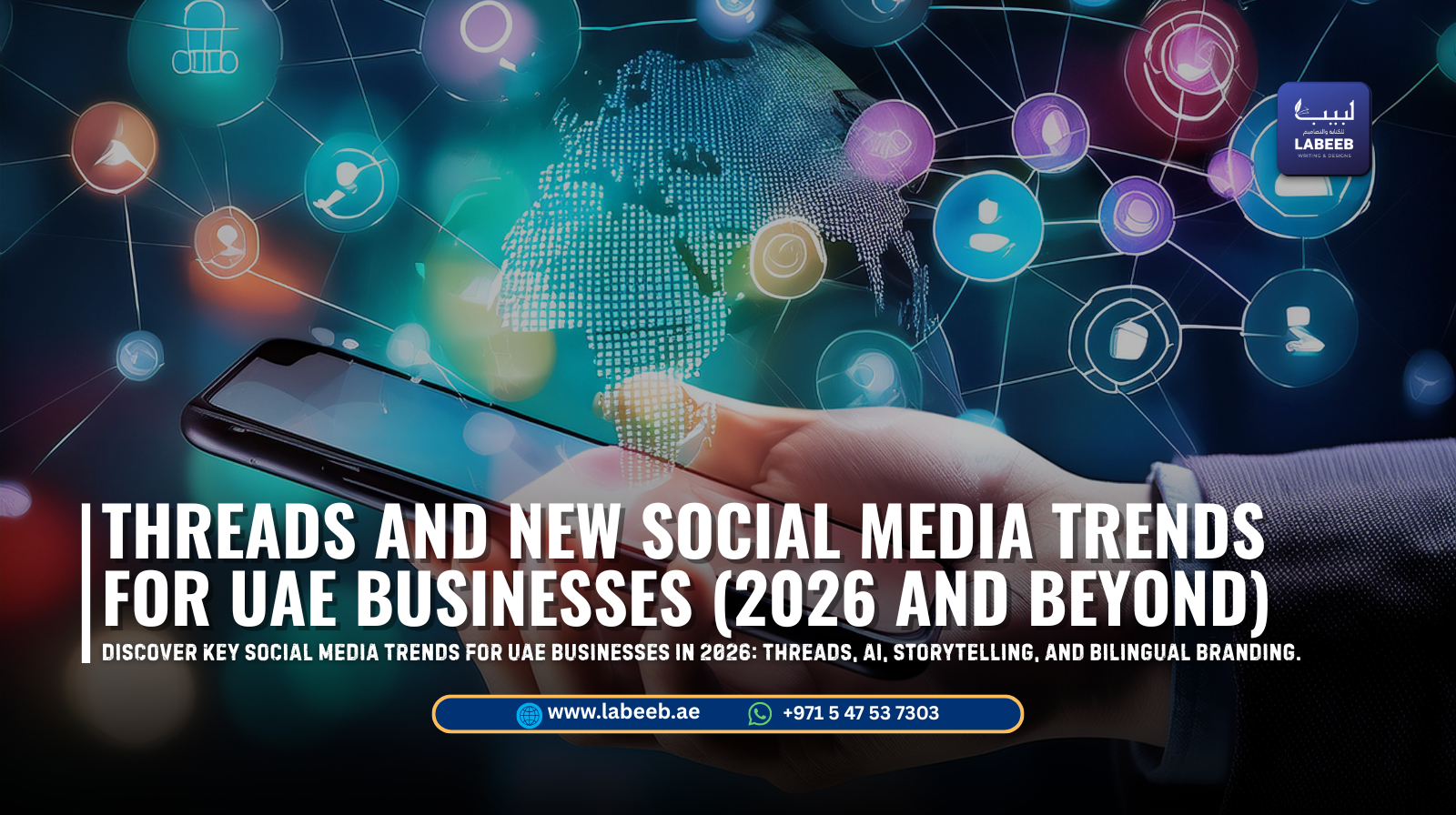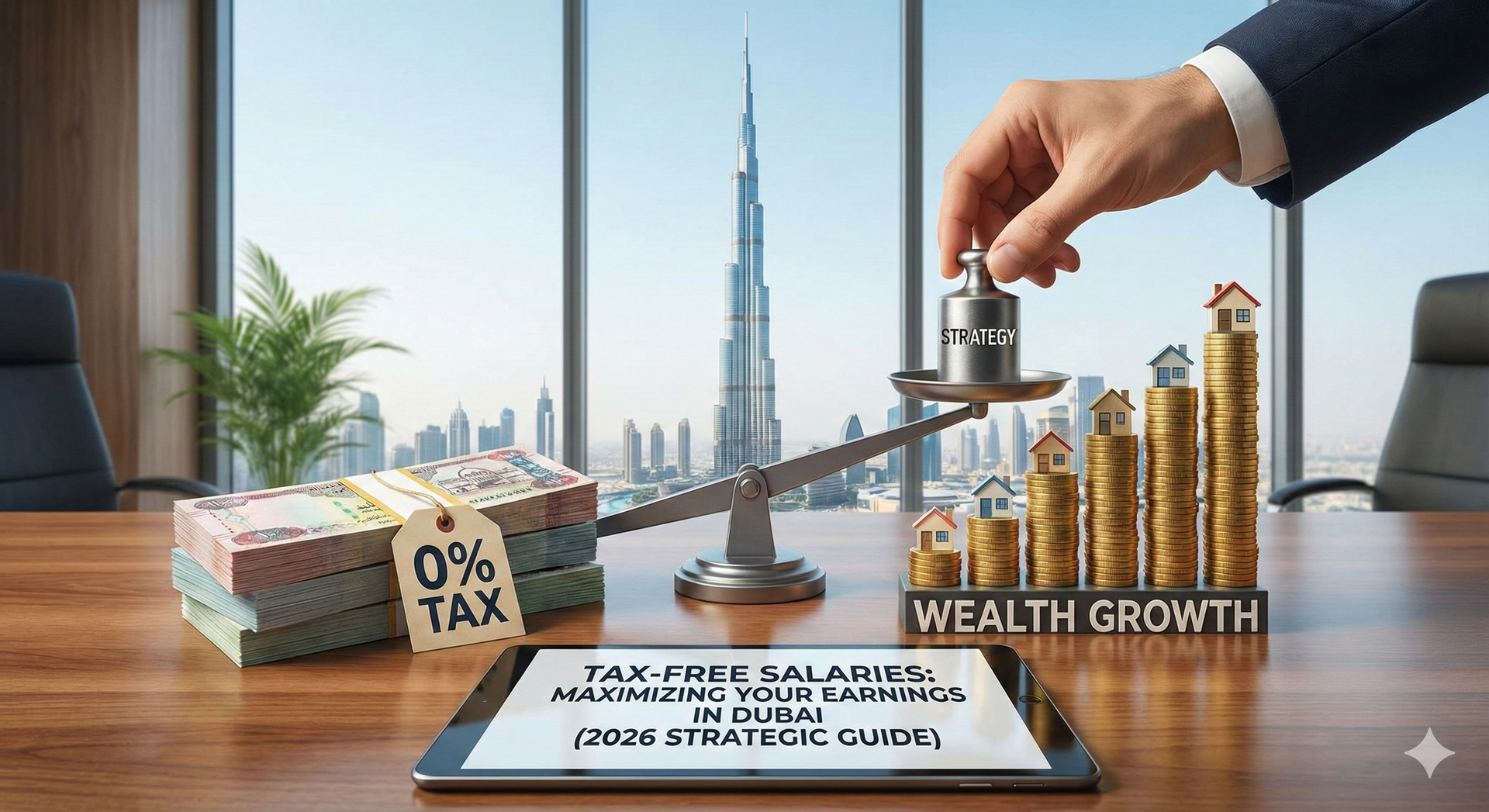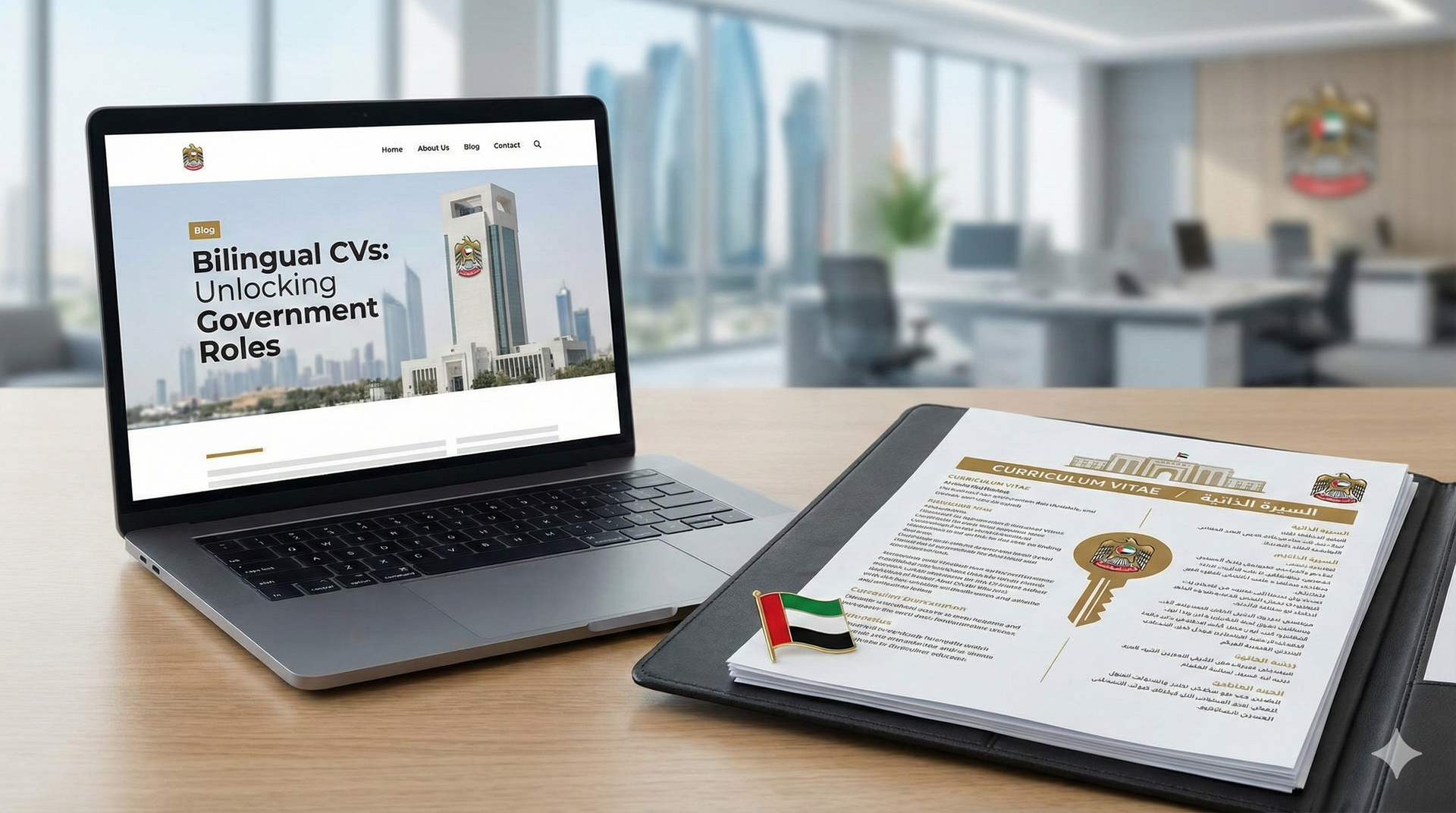Transitioning from Corporate to Government: Executive Career Shifts

In the UAE and across the Gulf, a growing number of senior corporate executives are transitioning into government and semi-government leadership roles. The shift isn’t accidental — it’s strategic.
Driven by Vision 2031 and similar national transformation plans across the GCC, public-sector organizations are actively recruiting leaders with private-sector expertise in digital transformation, sustainability, and corporate governance. Executives who once led multinational divisions are now steering ministries, authorities, and development programs.
This article explores how corporate leaders can strategically reposition themselves for government leadership roles in the UAE and GCC — what recruiters look for, the skills that translate best, and how to navigate the transition successfully.
Why Government Entities Seek Corporate Leaders
Over the past five years, UAE ministries and semi-government bodies have adopted private-sector efficiency models. They value leaders who understand KPIs, innovation, and global competitiveness.
According to The National News (2025), more than 45% of new executive appointments in government-linked organizations came from corporate backgrounds. These professionals bring critical skills such as strategic foresight, financial governance, and change management — all crucial for executing the UAE’s transformation agenda.
Top reasons government entities recruit from the private sector include:
- Need for strategic project management and ROI-driven decision-making.
- Demand for digital transformation and AI policy leadership.
- Experience in public-private partnerships and stakeholder coordination.
- Proven ability to lead large, multicultural teams.
Executives with a track record in innovation, sustainability, or corporate governance are particularly well-positioned to move into advisory or director-level government roles.
The Appeal of Government Careers for Senior Executives
Government and semi-government roles in the UAE are increasingly competitive, rewarding, and purpose-driven. For seasoned corporate professionals, they offer:
- Strategic Influence: The ability to impact national programs and long-term economic goals.
- Stability and Recognition: Executive benefits with security, housing allowances, and pension programs.
- Purpose and Legacy: Opportunities to lead projects aligned with sustainability, education, or innovation agendas.
- Regional Expansion: Many UAE-based authorities operate across GCC markets, offering regional exposure.
As one Gulf Business executive report noted, “The new UAE government model mirrors the private sector’s innovation pace — but with national impact.”
Key Differences Between Corporate and Government Leadership
While both sectors demand leadership excellence, the governance culture differs significantly. Understanding this is key to a successful transition.
- Decision-Making Speed: Government processes prioritize collaboration and stakeholder consultation rather than rapid corporate execution.
- Performance Metrics: Public entities measure success through policy impact and citizen satisfaction, not just financial returns.
- Communication Style: Strategic diplomacy, cultural sensitivity, and multilingual communication are essential.
- Accountability: Government leaders operate under public transparency standards and legislative oversight.
- Team Dynamics: Departments are often cross-functional, requiring consensus-building and policy alignment.
Executives who adapt their leadership style to these frameworks thrive and are quickly recognized for their ability to blend private-sector efficiency with public-sector vision.
In-Demand Executive Roles in UAE Government and Semi-Government Entities
As of 2025, the UAE’s transformation agenda has created high demand for specialized senior professionals in roles such as:
- Chief Strategy Officer (CSO) – Overseeing Vision 2031 alignment and cross-sector KPIs.
- Director of Digital Transformation – Leading AI, data governance, and e-services implementation.
- Sustainability Advisor – Integrating ESG frameworks into public policy.
- Public-Private Partnership (PPP) Director – Managing infrastructure and investment collaboration.
- Innovation and Future Foresight Leader – Forecasting trends and preparing regulatory frameworks.
Executives with multidisciplinary experience—especially in energy, technology, healthcare, or logistics—are being prioritized for these transformative leadership positions.
How to Reposition Your Corporate Experience
Transitioning into the public sector requires strategic repositioning, not reinvention. You already possess the leadership toolkit — the goal is to present it through a policy and governance lens.
1. Redefine Your Value Proposition
Focus on achievements that align with national outcomes — innovation, sustainability, and economic development. Replace corporate jargon with governance-focused language such as “policy execution,” “stakeholder engagement,” and “public-sector transformation.”
2. Quantify Your Leadership Impact
Show how your decisions created
measurable results: efficiency improvements, cost savings, or digital transformation success.
→ Visit
Professional CV Writing Services to tailor your executive resume for UAE government roles.
3. Showcase Strategic Communication on LinkedIn
Government recruiters rely on
LinkedIn visibility to identify thought leaders. Publish insights on innovation, sustainability, and policy alignment.
→ Strengthen your professional profile with
LinkedIn Optimization for Executives.
4. Prepare for Government-Style Interviews
Expect scenario-based questions focused on ethics, governance, and crisis management. Practice translating corporate results into policy outcomes.
→ Get ready with
Interview Coaching for Senior Professionals.
5. Seek Advisory on Transition Strategy
A targeted career strategy ensures your move is both credible and strategic.
→ Explore
Expert Career Support for GCC Leaders for personalized transition guidance.
Cultural and Diplomatic Readiness
One of the most important aspects of transitioning into the public sector is understanding UAE’s cultural, national, and diplomatic context. Executive leaders must demonstrate:
- Respect for Emirati values and governance etiquette.
- Awareness of regional development strategies such as GCC economic integration.
- The ability to build trust with Emirati decision-makers and adapt to Arabic-English bilingual communication.
Executives who successfully bridge these cultural dimensions gain credibility faster and integrate more effectively into national leadership structures.
The Long-Term Opportunity
Moving from the corporate world to the government sector is not a step back — it’s a strategic elevation. It allows experienced leaders to leverage decades of private-sector expertise to shape public policy, sustainability, and digital transformation at scale.
With the UAE’s continued investment in smart governance, the demand for executives who can merge efficiency with national purpose will only grow. The next decade will reward leaders who understand that true influence extends beyond profit — it defines progress.
Conclusion
Transitioning from corporate to government leadership in the UAE requires more than experience; it demands adaptability, cultural fluency, and strategic branding. For executives ready to redefine their impact, now is the time to step into public service with confidence and clarity.
Labeeb Writing & Designs supports senior professionals through this journey — from crafting executive-level CVs to refining LinkedIn presence and preparing for leadership interviews that reflect government expectations.
👉 Visit www.labeeb.ae to begin your transition toward a purpose-driven executive career in the UAE government sector.
FAQ
1. Can a private-sector executive join a UAE government entity directly?
Yes. Many ministries and semi-government organizations hire corporate professionals, especially in advisory, strategic planning, and innovation roles.
2. What background is most valued for government transitions?
Experience in digital transformation, sustainability, policy strategy, or corporate governance is most in demand.
3. How long does it take to complete the transition?
Typically three to six months, depending on recruitment cycles and background checks within government HR frameworks.
4. Are salaries in government higher or lower than corporate packages?
Top-tier semi-government and federal roles offer competitive packages, including housing, schooling, and performance bonuses — often matching or exceeding private-sector levels.
Arabic Summary (ملخص بالعربية)
يشهد سوق العمل في الإمارات تحولًا متزايدًا حيث ينتقل قادة القطاع الخاص إلى المناصب الحكومية وشبه الحكومية لقيادة التحول الرقمي، والاستدامة، والابتكار. تستفيد الجهات الحكومية من خبرات التنفيذيين في الإدارة الحديثة وتحقيق النتائج. تتطلب هذه الخطوة فهمًا عميقًا للثقافة المحلية، والحوكمة، وأساليب التواصل الدبلوماسي. من خلال خدمات Labeeb Writing & Designs، يمكن للمديرين التنفيذيين إعداد سيرة ذاتية احترافية وتطوير حضور رقمي قوي يمكّنهم من دخول القطاع الحكومي بثقة واستراتيجية.








